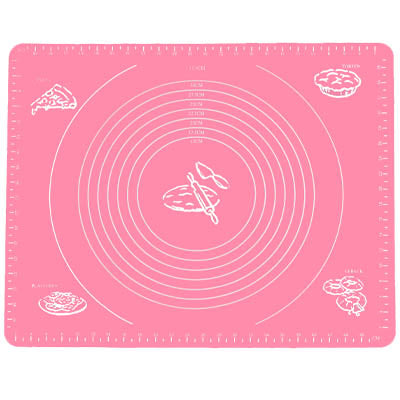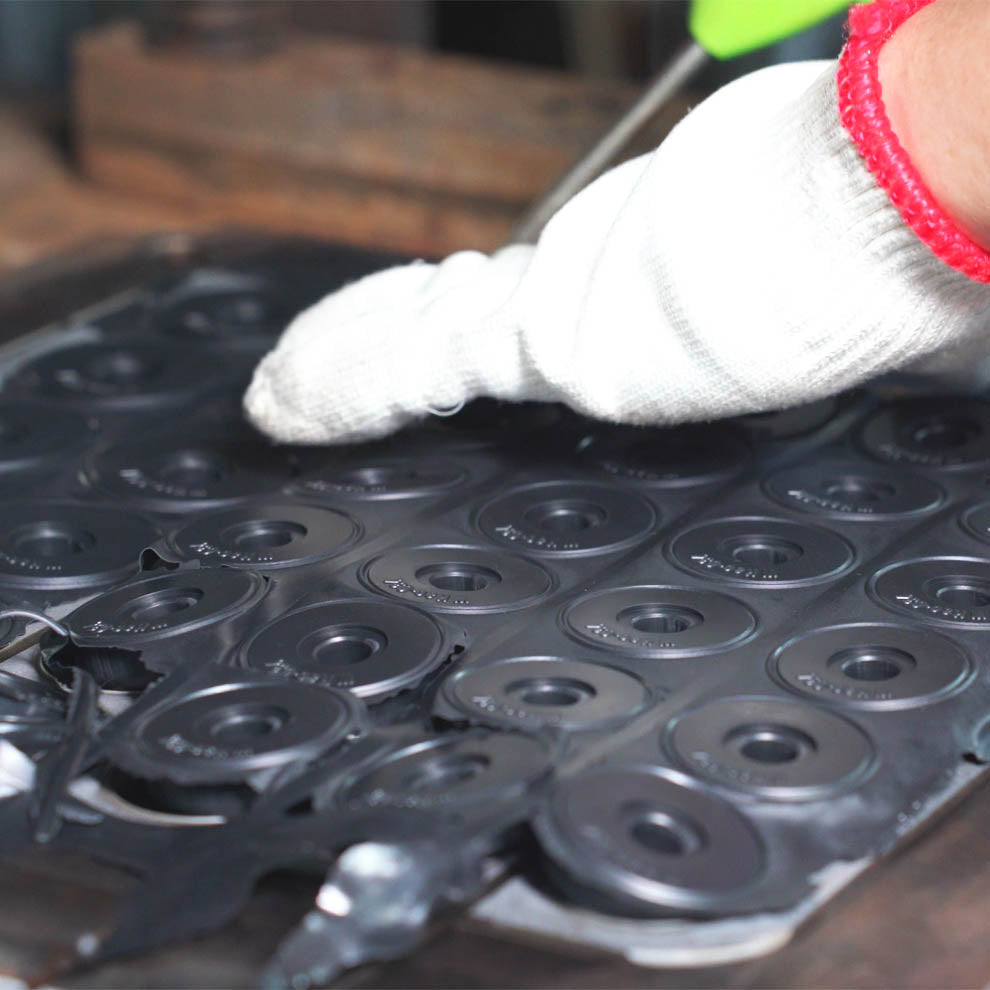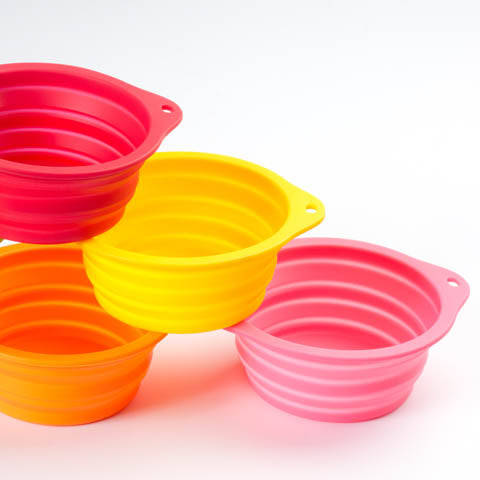Resistant to the build-up of residues, silicone is a wonderful alternative to single-use plastics, as it can be cleaned and used repeatedly, dramatically cutting down on plastic pollution.
A Robust, Hygienic Material Solution
With a high level of resilience to temperature, non-stick properties, and its generally robust nature, silicone is used across the kitchenware, healthcare, construction, and transportation industries. Silicone products are non-toxic, have a long life, retain their integrity, and are resistant to any form of corrosion.
A recyclable, eco-friendly material, there is minimal risk of any environmental pollution during Silicone’s raw material industrial production process. Plus, Silicone does not produce any harmful substances upon combustion. This is a high-performing product solution.
Why Silicone Products?
-

Food Hygiene
When used for food and beverage products, Silicone has replaced organic rubber due to its durability, flexibility, and hygienic properties. Smooth, food-grade silicone reduces the build-up of any residues.
-

Robust Nature
Resilience to temperature, non-stick and sealing properties, resistance to weather conditions, moisture, and sunlight, and its generally robust nature make Silicone an excellent material for your products.
-

Used Across Industries
Silicone products and parts are used in the food and beverage, transportation, construction, and healthcare industries. A Life can design tooling to manufacture custom solutions for your market.

The Busy Baker's Work Mat (Pink)
Product specifications:
40cm x 60cm
Product material:
Food-grade silicone
Product benefits:
Non-slip surface; easy to clean
Frequently Asked Questions
What are the main uses for silicone?
Silicone is an excellent solution for products that need to be safe for use with foods. It’s also an excellent adhesive and sealant to enable water-tight connections between various parts in multi-material products.
Which type of silicone do I need for my product?
This depends on where you’re located geographically, as the USA and Europe have different regulations. There are two main types of silicone, food-grade silica gel, and organic silica gel. We’ll help you understand which type is best for your product, and for your country’s regulations.
A Life ensures all silicone destined for North America and Europe attains its associated VOC test report.
What level of hardness should I request for the silicone in our product?
Silicone can vary quite a lot in hardness. Many products require 50%-60% hardness, whereas others need upwards of 70%-80% hardness. A Life will analyse your product and suggest the application most suited to its unique needs.






